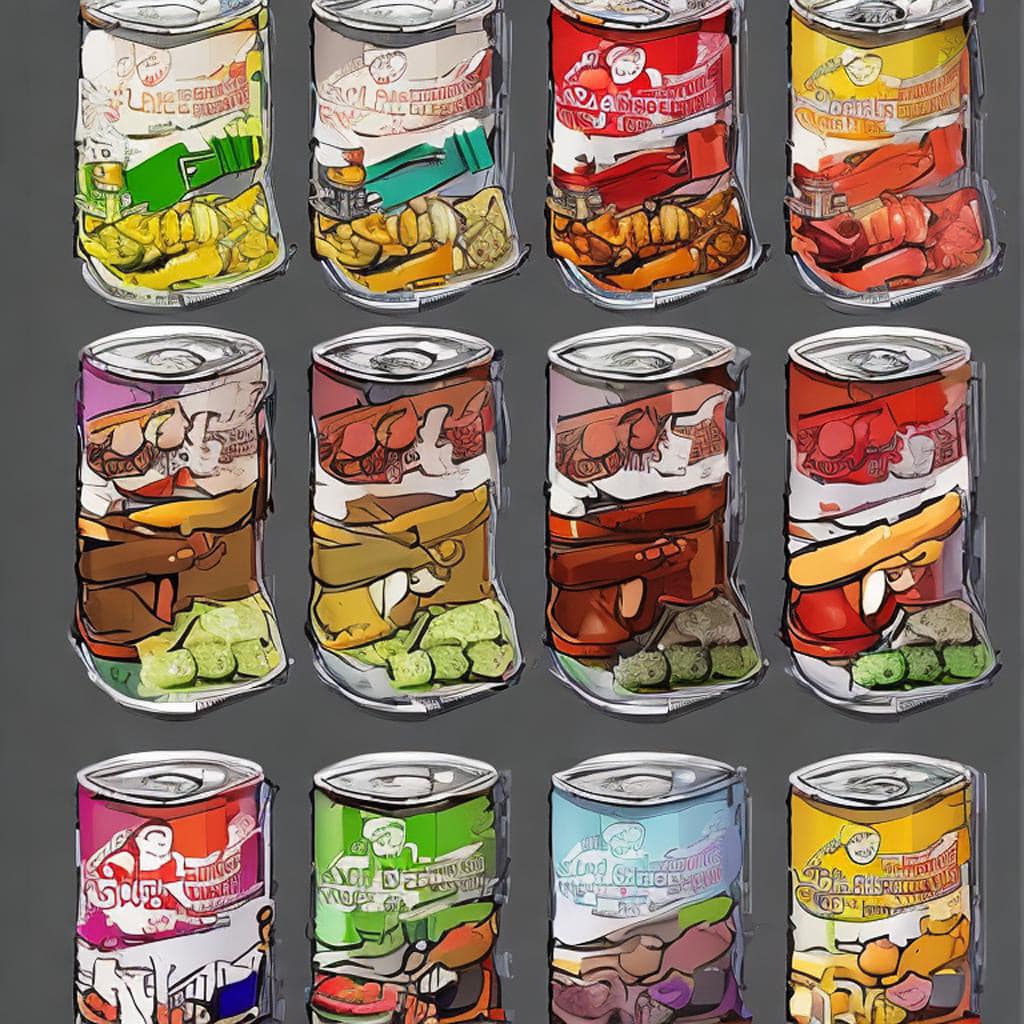The Latest Developments and Promising Technologies
Food waste is a significant problem across the globe, with estimates suggesting that around one-third of all food produced is lost or wasted each year. This represents a major economic and environmental burden, with significant implications for food security and sustainability. However, there are many new developments and technologies being developed to address this issue and help conserve food for future generations.
One promising development in the conservation of food is the use of AI-powered sensors and monitoring systems to optimize food storage and reduce waste. These systems can track factors such as temperature, humidity, and light exposure in real-time, allowing for precise control of storage conditions to prevent spoilage and extend shelf life. Companies such as Apeel Sciences and Zest Labs are leading the way in developing such technologies, which have the potential to significantly reduce food waste and improve food security.
Another promising development is the use of natural preservatives and packaging materials to extend the shelf life of food. For example, researchers at Cornell University have developed a new edible coating made from milk proteins that can be applied to fresh fruits and vegetables to prevent spoilage and extend shelf life. Similarly, companies such as BioPak and Vegware are developing sustainable packaging solutions made from materials such as bamboo and other plant-based materials, which are compostable and can help reduce the environmental impact of packaging waste.
In addition to these technological developments, there is also a growing focus on reducing food waste through changes in consumer behavior and attitudes. Food waste campaigns such as Love Food Hate Waste and Feeding America are working to raise awareness of the issue and promote behavior change among consumers. Similarly, companies such as Imperfect Foods and Misfits Market are working to reduce food waste by selling “ugly” or imperfect produce that might otherwise go to waste.
Another important development in the conservation of food is the use of precision agriculture techniques to optimize crop yields and reduce waste. Precision agriculture relies on a range of technologies, including AI-powered sensors, drones, and satellite imaging, to monitor crop growth and identify areas where yields could be improved. By optimizing crop yields, precision agriculture has the potential to significantly reduce food waste and improve food security.
Finally, there is also a growing focus on reducing food waste through the use of food recovery programs, which aim to redirect surplus food from retail outlets, restaurants, and other sources to people in need. Organizations such as the Food Recovery Network and Feeding America are working to develop new partnerships and infrastructure to make food recovery more efficient and effective.
There are many exciting developments in the conservation of food that have the potential to significantly reduce food waste and improve food security. By leveraging new technologies, sustainable materials, behavior change campaigns, and precision agriculture techniques, we can work towards a more sustainable and equitable food system that conserves food for future generations.

Text with help of openAI’s ChatGPT Laguage Models & Fleeky – Images with help of Picsart & MIB
Thank you for questions, shares and comments!
Share your thoughts or questions in the comments below!






